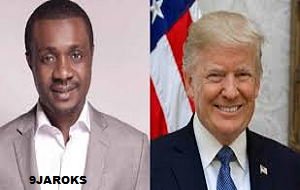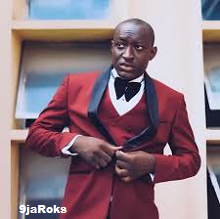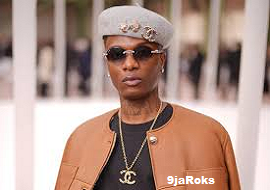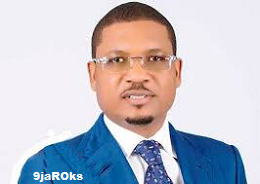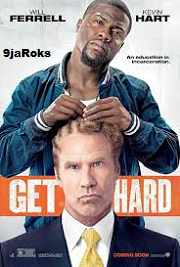After Nine Years in office, Justin Trudeau to Resign as Canada’s PM
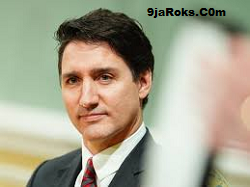
Canadian Prime Minister Justin Trudeau is said to be readying to disclose his resignation as head of the governing Liberal Party, nearly ten years after assuming office, a source familiar with the situation disclosed on Sunday. While a final choice has not been reached, insiders indicate that the declaration may happen as soon as Monday.
This hypothesis follows a Globe and Mail story revealing that Trudeau's possible resignation could happen alongside an emergency session of Liberal lawmakers scheduled for Wednesday. Sources suggest his resignation might leave the party without a permanent leader just as its public approval drops.
Polling data indicates that the Liberals may face significant setbacks to the Conservative opposition in the next federal election, which is scheduled to take place by October 2025. If this is verified, Trudeau’s resignation would mark the close of an era, having led Canada through crucial challenges like the COVID-19 pandemic and heated climate policy debates.
According to *Reuters*, frustration among Liberal parliamentarians has grown due to poor polling results, with increasing calls for Trudeau to step down. The Prime Minister's Office has not commented on the matter, though Trudeau was scheduled to attend a virtual cabinet meeting on Canada-U.S. relations on Monday.
As per Reuters, disappointment among Liberal lawmakers has grown in light of weak polling outcomes, sparking more calls for Trudeau’s resignation. The Prime Minister's Office has declined to comment on the issue, even though Trudeau had been set to attend a virtual cabinet meeting on Canada-U.S. relations on Monday.
Trudeau, who became the Liberal leader in 2013 when the party was at its lowest point in history, rose to power in 2015 on a wave of optimism and progressive policies focused on women’s rights and climate change. However, his leadership has encountered rising challenges in recent years. Calls for his resignation have intensified after losses in two significant by-elections and waning public trust.
The obstacles have been amplified by financial pressures. Pandemic-related expenditures led to unprecedented deficits, while climbing inflation and housing market difficulties ignited public anger. Missteps in immigration policy have further heightened tensions, adding to the strain on a government already facing significant challenges.
Trudeau’s leadership was further challenged by internal unrest. In December, tensions rose when he attempted to reassign Finance Minister Chrystia Freeland, a loyal ally, due to conflicts over spending priorities. Freeland eventually resigned, accusing Trudeau of favoring "political tactics" over the nation’s well-being.
Should Trudeau step down, it might lead to calls for a prompt federal election to establish a stable government able to navigate Canada’s complex domestic and international issues. His resignation, if confirmed, would close a chapter that began with hope and optimism but ended under the weight of increasing pressures and political setbacks.
